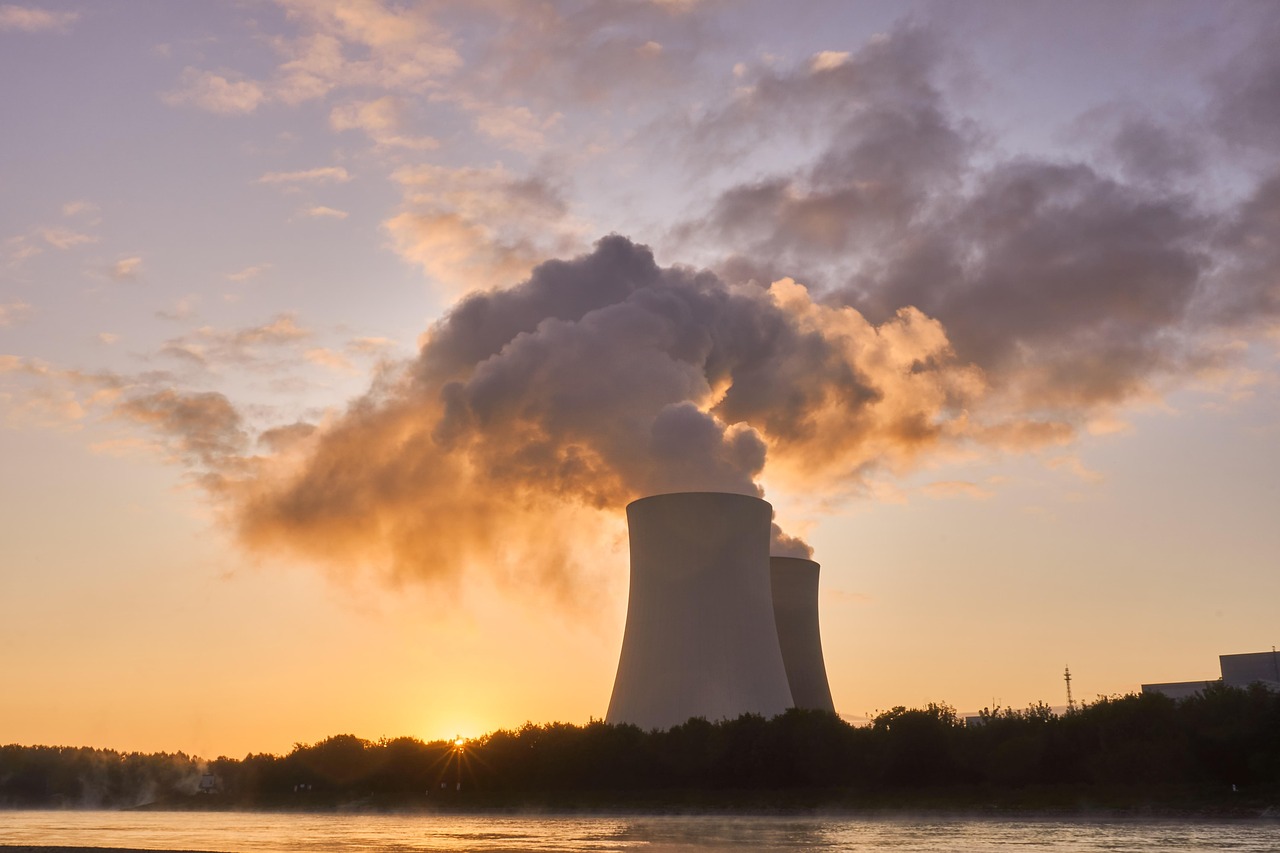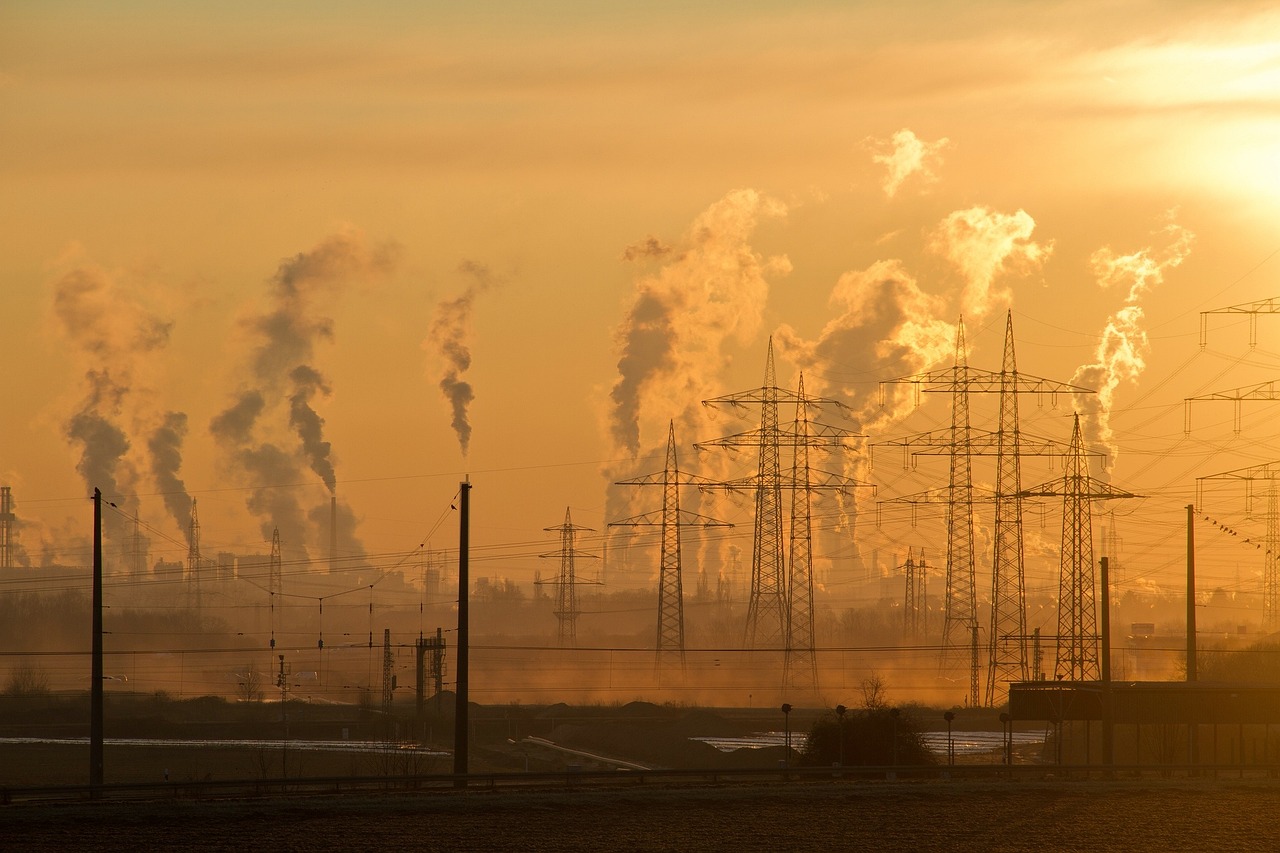Targeting Nuclear Plants in War Zones: A Global Risk to Clean Energy Transition
As the world rapidly shifts toward cleaner energy to combat climate change, the role of nuclear energy has become increasingly central. Yet, ongoing military strikes on nuclear plants—like those seen in Ukraine and Iran—raise disturbing concerns about the future of energy security and global safety norms.
A Dangerous Precedent in Modern Conflicts
The Israeli airstrikes on Iranian nuclear sites and repeated assaults on Ukraine’s Zaporizhzhia nuclear facility show a concerning trend: the normalization of targeting civilian energy infrastructure. Though not new—precedents exist from Iraq in 1981 and Syria in 2007—the current scale and frequency are unprecedented.
These actions risk triggering major environmental disasters and threaten the integrity of global safety mechanisms under international law.
Contrasting Narratives: Israel vs. Iran
Israel defends its actions under the doctrine of preemptive self-defense. Iran, meanwhile, insists its nuclear facilities are meant for peaceful use and are monitored by the International Atomic Energy Agency (IAEA) under the Nuclear Non-Proliferation Treaty (NPT). This clash of narratives exposes a deep divide in how nuclear responsibilities are interpreted globally.
The legitimacy of international safeguards like the IAEA is at risk if such contradictions continue to go unchecked.
Nuclear Power in a Changing Energy Landscape
With fossil fuel dependency declining, nuclear energy is re-emerging as a vital clean energy source. Countries like India have announced ambitious plans to expand nuclear output as part of their green transitions. But military attacks on nuclear infrastructure could jeopardize this shift, discouraging investment and threatening environmental goals.
The Need for Stronger Global Norms
There’s an urgent need for renewed diplomatic engagement and updated frameworks to ensure nuclear sites are treated as global commons—not legitimate military targets. The weakening of established red lines may lead to an unmanageable security and ecological crisis.
Institutions like the IAEA must be empowered to enforce protections robustly, while countries must resist using energy infrastructure as leverage in geopolitical conflicts.
Conclusion
Amid climate emergencies and energy transitions, safeguarding nuclear plants is not just about national interest—it’s a collective imperative. The world must act now to prevent energy security from becoming a casualty of modern warfare.


